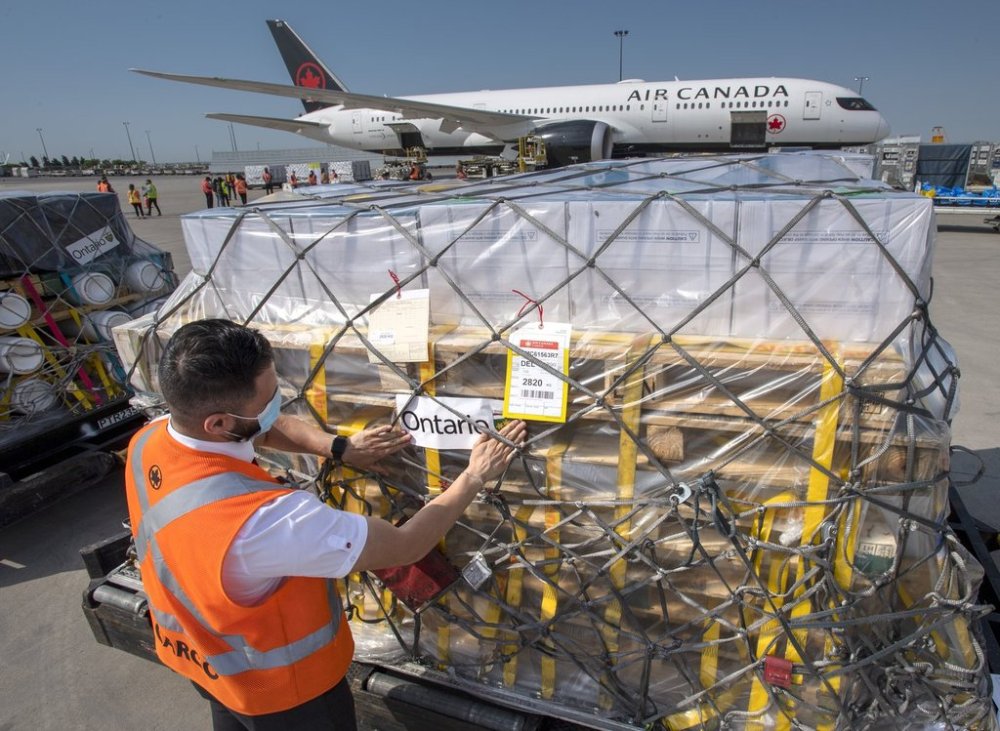Health Canada won’t explain $20M in pharmaceuticals lost from national stockpile
Advertisement
Read this article for free:
or
Already have an account? Log in here »
To continue reading, please subscribe:
Monthly Digital Subscription
$0 for the first 4 weeks*
- Enjoy unlimited reading on winnipegfreepress.com
- Read the E-Edition, our digital replica newspaper
- Access News Break, our award-winning app
- Play interactive puzzles
*No charge for 4 weeks then price increases to the regular rate of $19.00 plus GST every four weeks. Offer available to new and qualified returning subscribers only. Cancel any time.
Monthly Digital Subscription
$4.75/week*
- Enjoy unlimited reading on winnipegfreepress.com
- Read the E-Edition, our digital replica newspaper
- Access News Break, our award-winning app
- Play interactive puzzles
*Billed as $19 plus GST every four weeks. Cancel any time.
To continue reading, please subscribe:
Add Free Press access to your Brandon Sun subscription for only an additional
$1 for the first 4 weeks*
*Your next subscription payment will increase by $1.00 and you will be charged $16.99 plus GST for four weeks. After four weeks, your payment will increase to $23.99 plus GST every four weeks.
Read unlimited articles for free today:
or
Already have an account? Log in here »
OTTAWA – The Public Health Agency of Canada lost more than $20 million worth of pharmaceutical products from the national stockpile this year because of what it calls a “temperature deviation.”
The figure was reported in the 2025 public accounts but Health Canada refuses to say what was lost, citing national security implications.
In a statement, Health Canada says the line item refers to pharmaceutical products such as vaccines held in the national emergency stockpile.

It did not say how the temperature deviation happened or whether it was the result of a single incident.
The statement says the losses will not compromise the stockpile’s capacity to respond to public health events.
The national stockpile includes medical supplies, vaccines and supplies that may be needed to respond to natural disasters, diseases like COVID-19 and chemical threats.
This report by The Canadian Press was first published Nov. 12, 2025.

